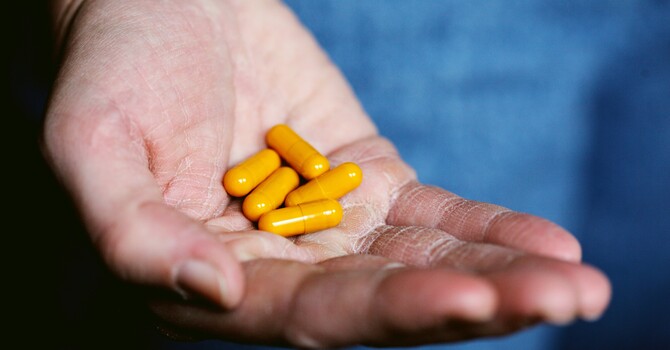
One of the most common topics that are discussed in my office on a patient-to-patient basis, is the topic of high cholesterol levels. Many people have come to me stating that they take cholesterol-lowering medications (statins), yet their cholesterol number and HDL/ LDL ratios do not change. 1 in 4 Americans over the age of 40 currently take statins hoping it will decrease their risk for heart disease. Dr.
David Diamond is a neuroscientist with a Ph.D. in biology. He's also a Professor of Psychology, Molecular Pharmacology, and Physiology at the University of South Florida and a Research Career Scientist at the Tampa VA Hospital. He investigated both diet and statins after suffering his own health issues. His conclusions were different from the current status quo in medicine. “Well, the very first paper I looked at indicated that triglycerides are primarily produced from excess carbohydrates, particularly glucose and fructose,' he says. 'And as far as HDL levels, you see an association of low HDL levels in people who have high blood sugar. There was an obvious connection between carbohydrates in the diet triglycerides and HDL. I was astounded by this. This was the first of many epiphanies I've had while studying cholesterol, diet, and heart disease. I figured that what I needed to do is not avoid the fat; I should avoid the carbohydrates! I talked to my doctor about this. And of course, he said to me, 'Well, you're going to take a bad situation and make it worse, because by going on an Atkins-type diet, you're increasing the likelihood that you'll have heart disease.' Nevertheless, from a few studies that I read at first – and it has now become a few thousand studies – I've learned of the linkage between carbohydrate consumption, elevated blood sugar, and triglycerides."
Counter to his doctor's advice, Dr. Diamond dramatically reduced non-vegetable, processed, starchy carbohydrates. He substituted the carbs with vegetables, proteins, and healthy fats. After stubbornly remaining at nearly 800 for five years, his triglyceride plunged to 150 — without any drugs whatsoever — and his HDL increased dramatically, from 30 to 50. “Indeed, I've treated many patients with high triglycerides, including people with levels upwards of 1,500-2,000, and I've seen patients' triglyceride levels plunge in as little as five days when cutting out carbs and increasing healthy fat.” So the really good news about high triglycerides is that you can achieve rapid reversal by changing your diet. Start a program where you eliminate carbohydrates and sugars and replace them with vegetables, nuts, beans, lean proteins, and healthy fats like olive oil, walnut oil, fish oil, and coconut oil.

Dr. Stuart Katzen
Contact Me



